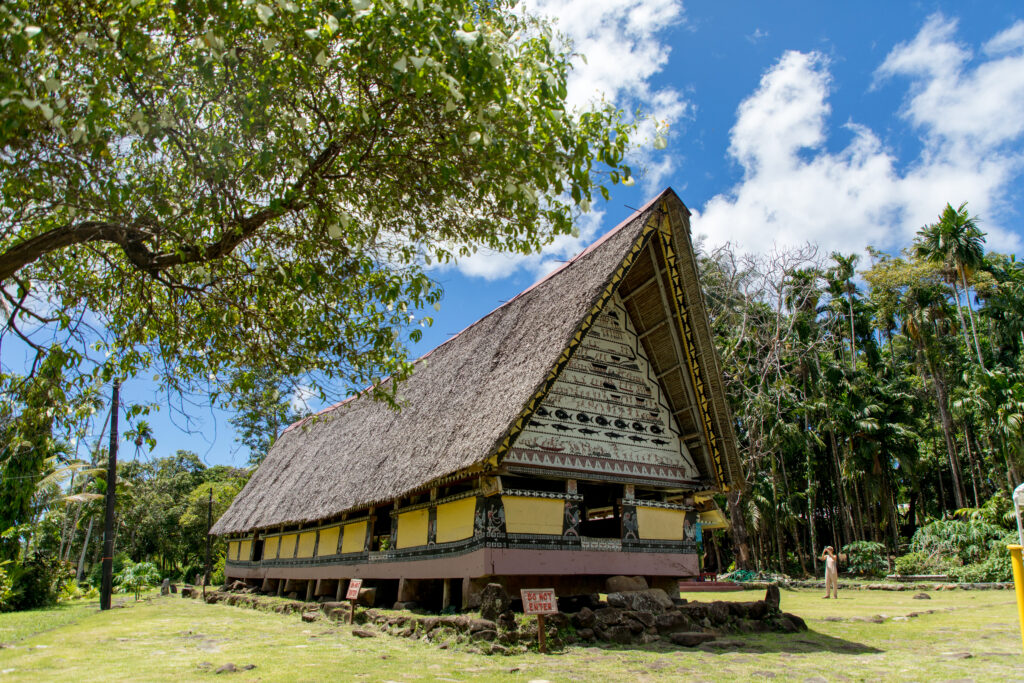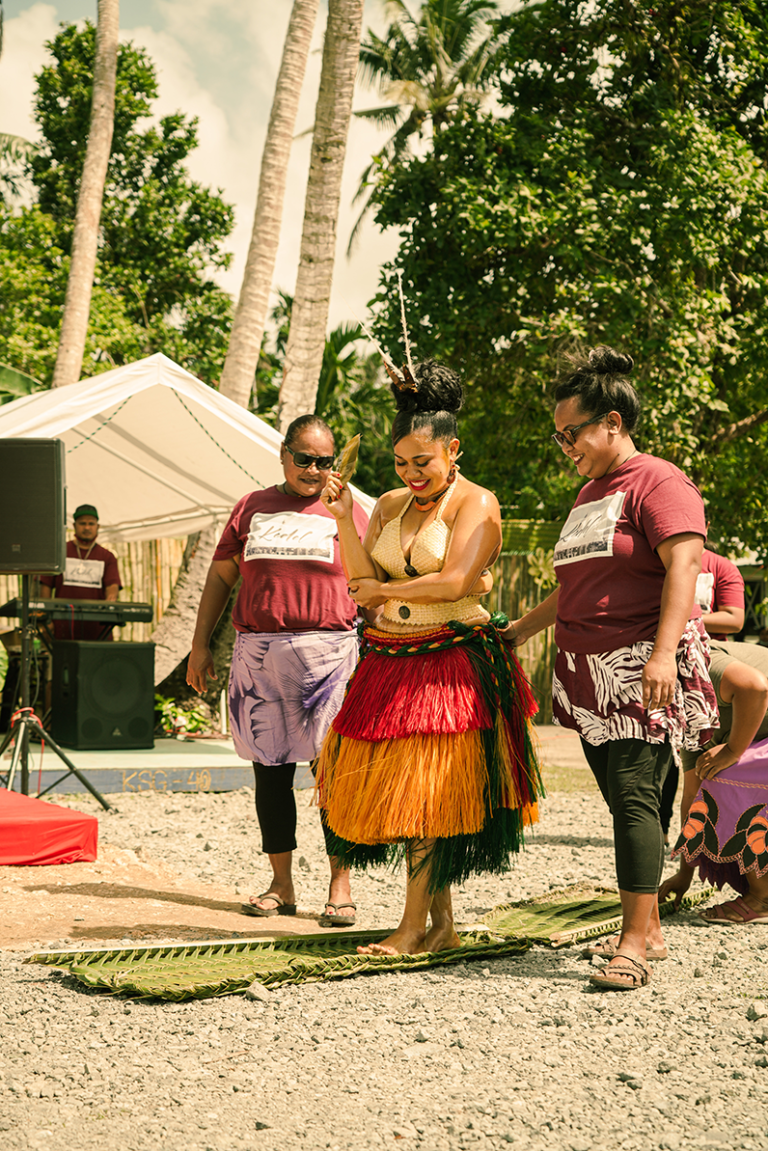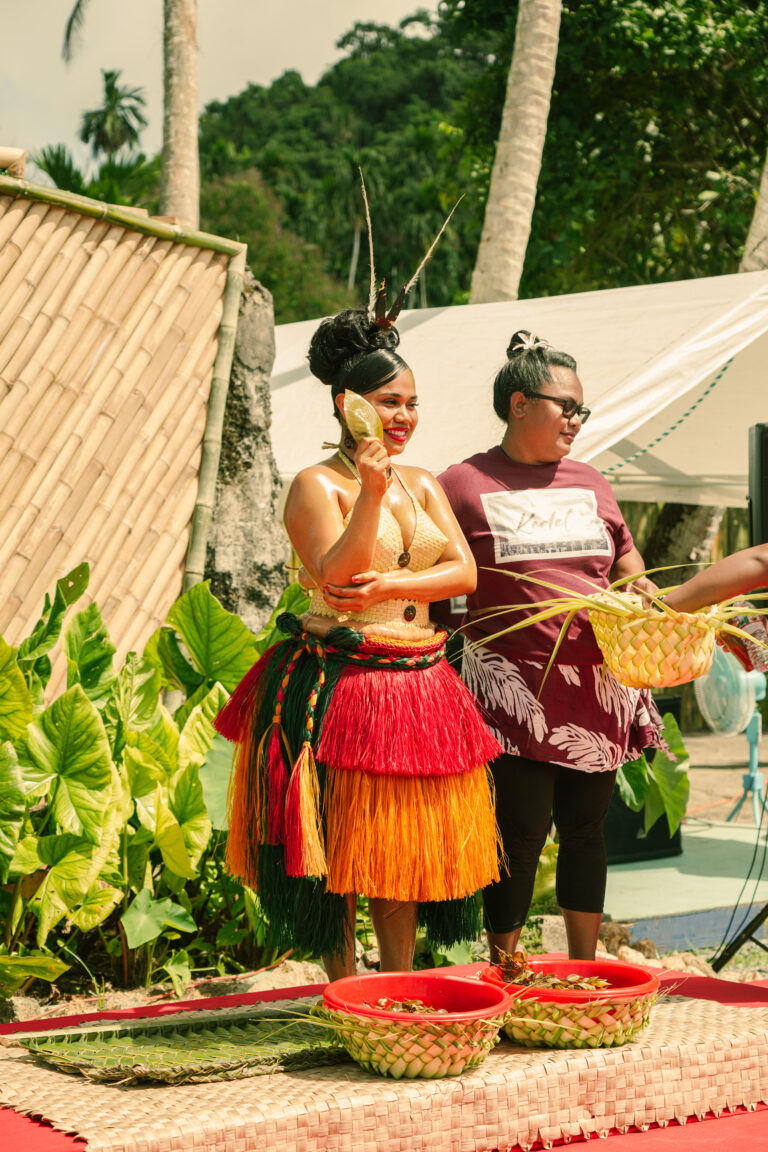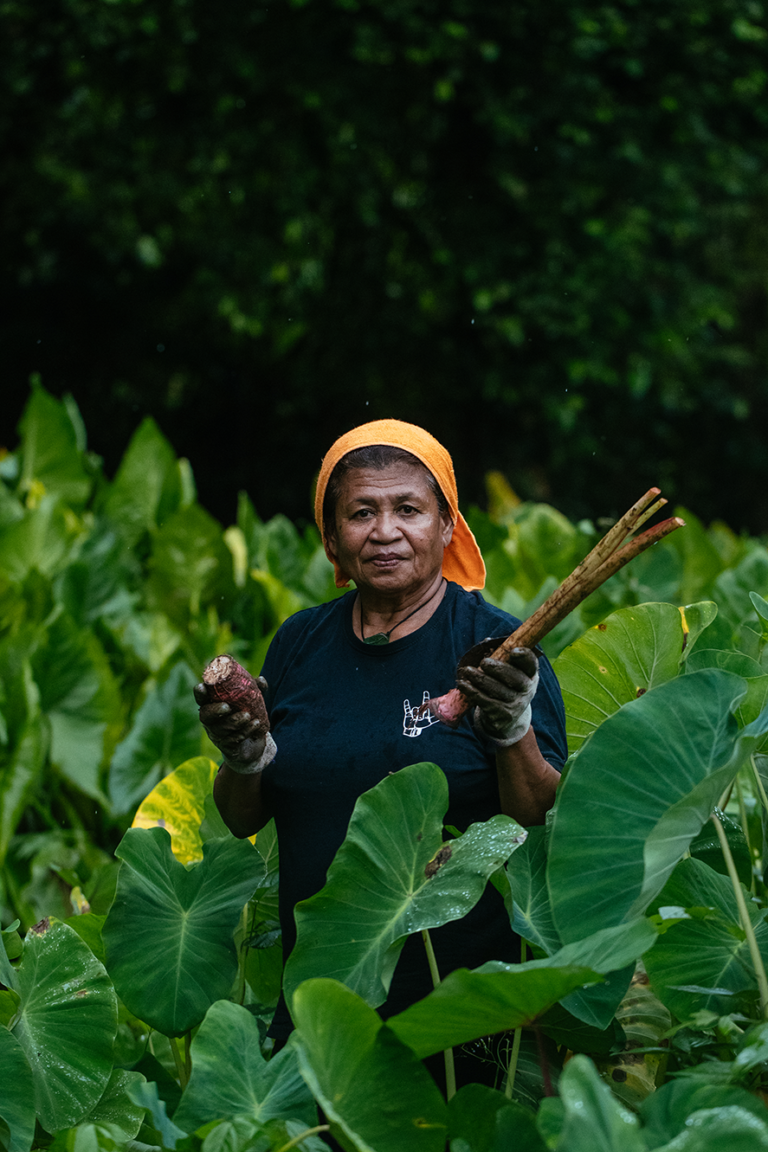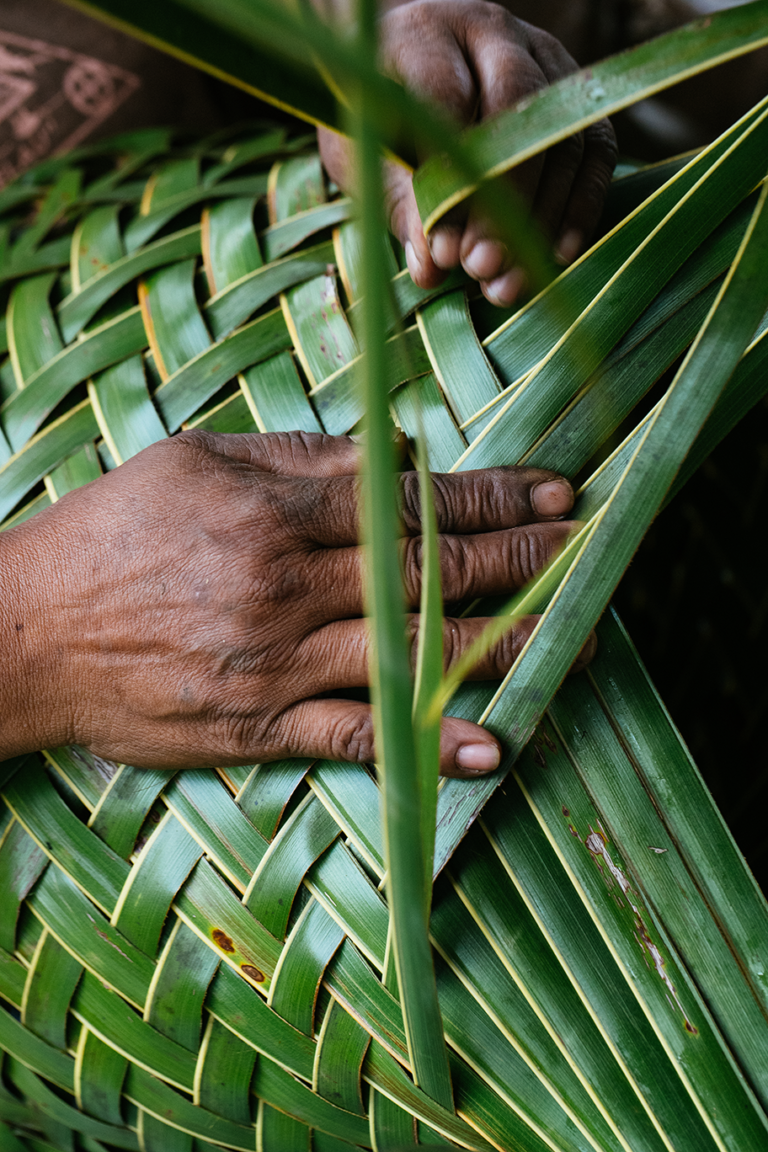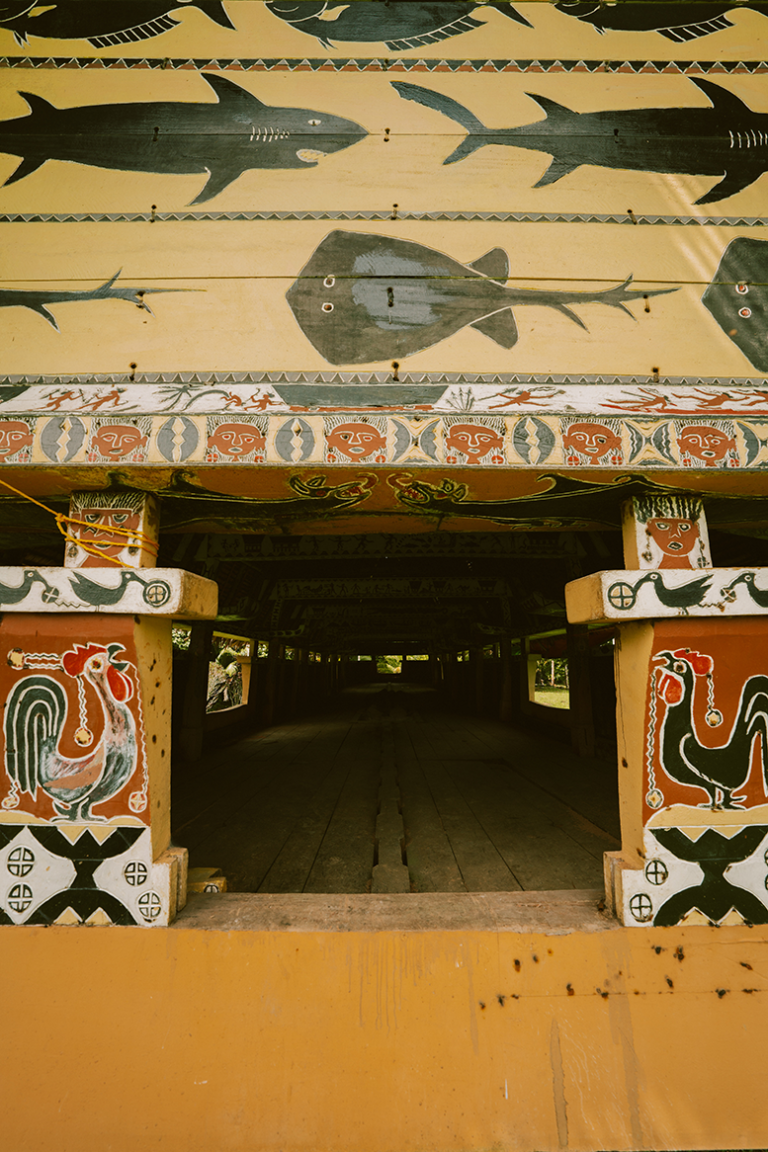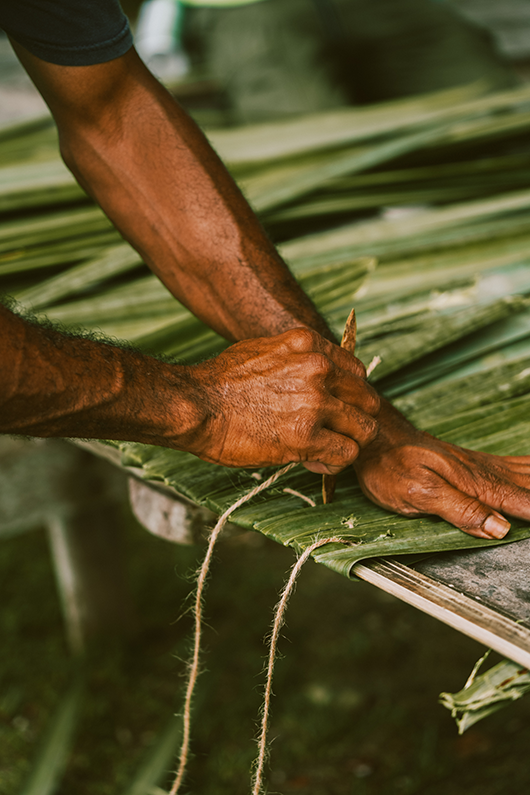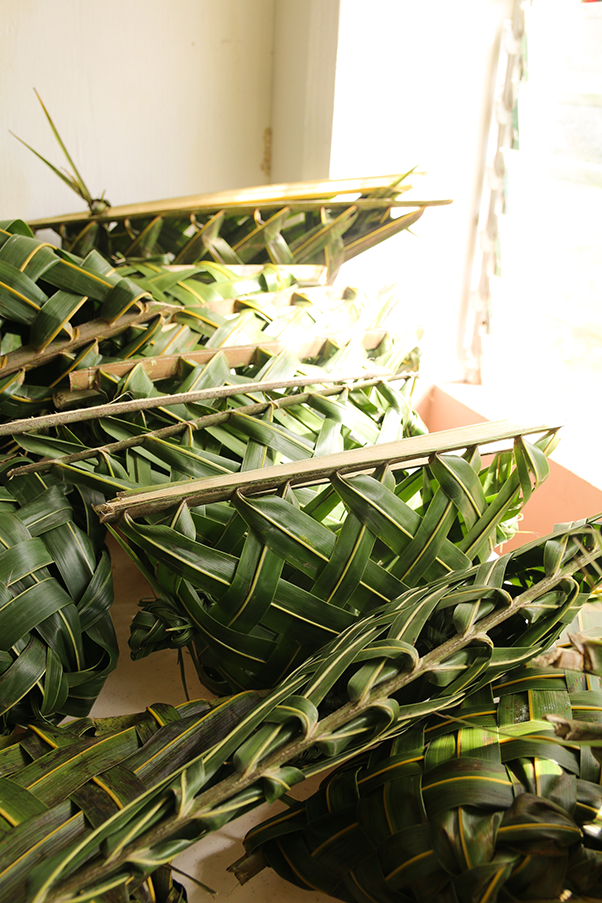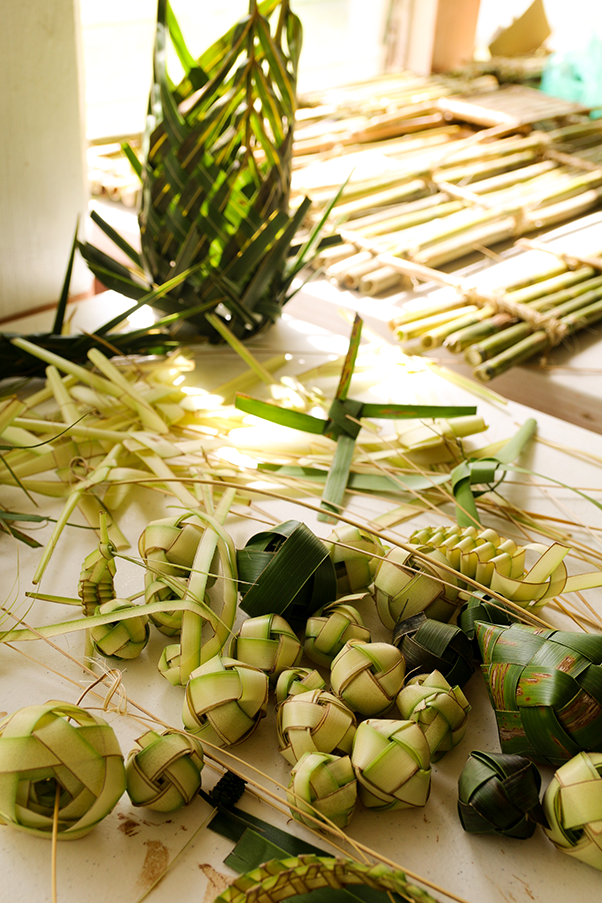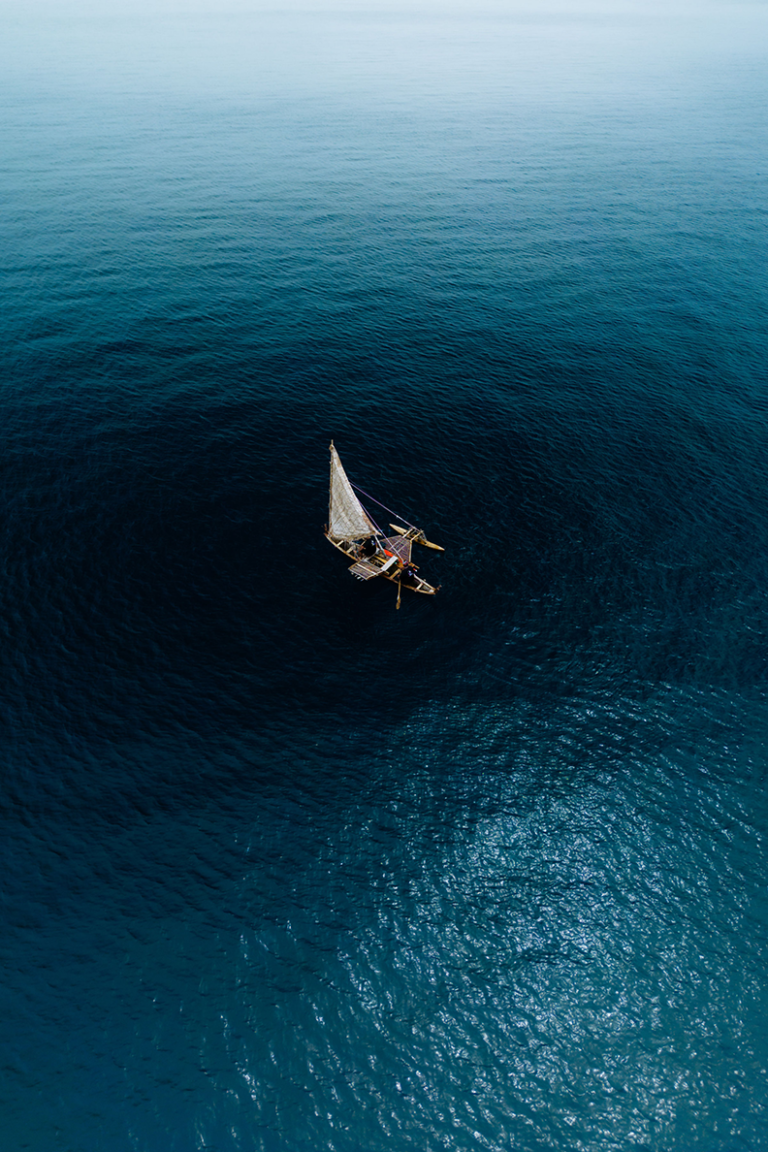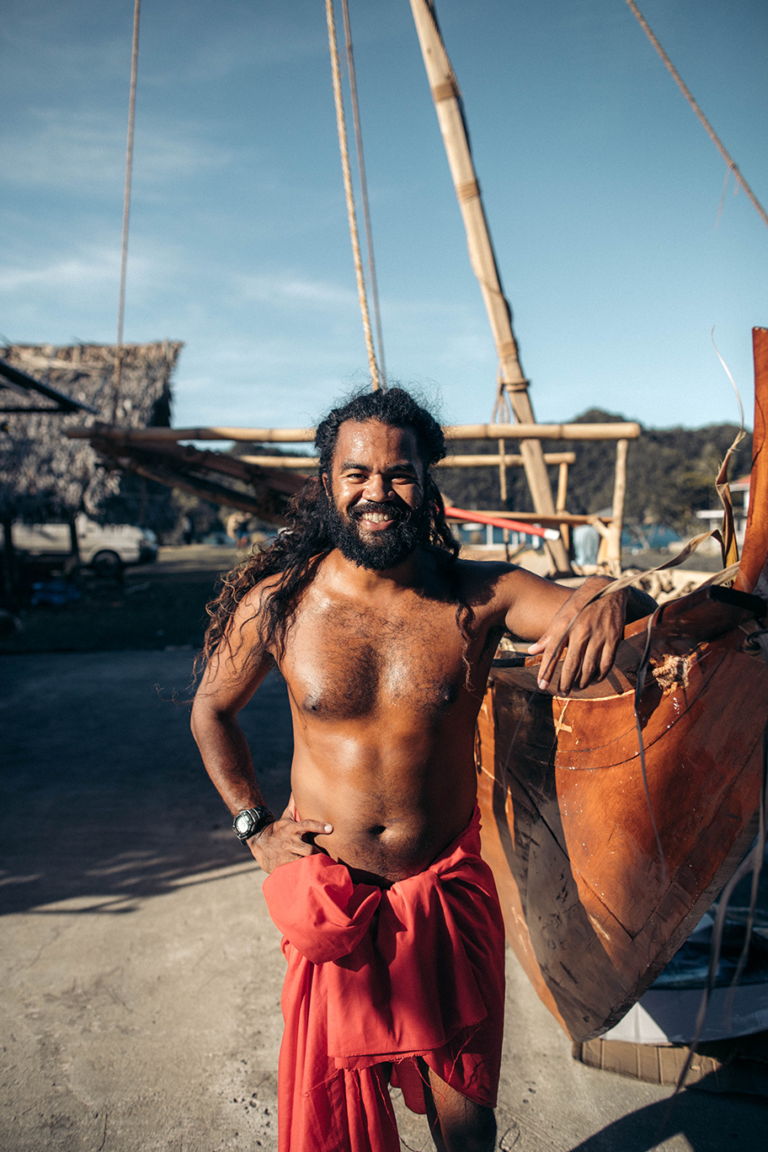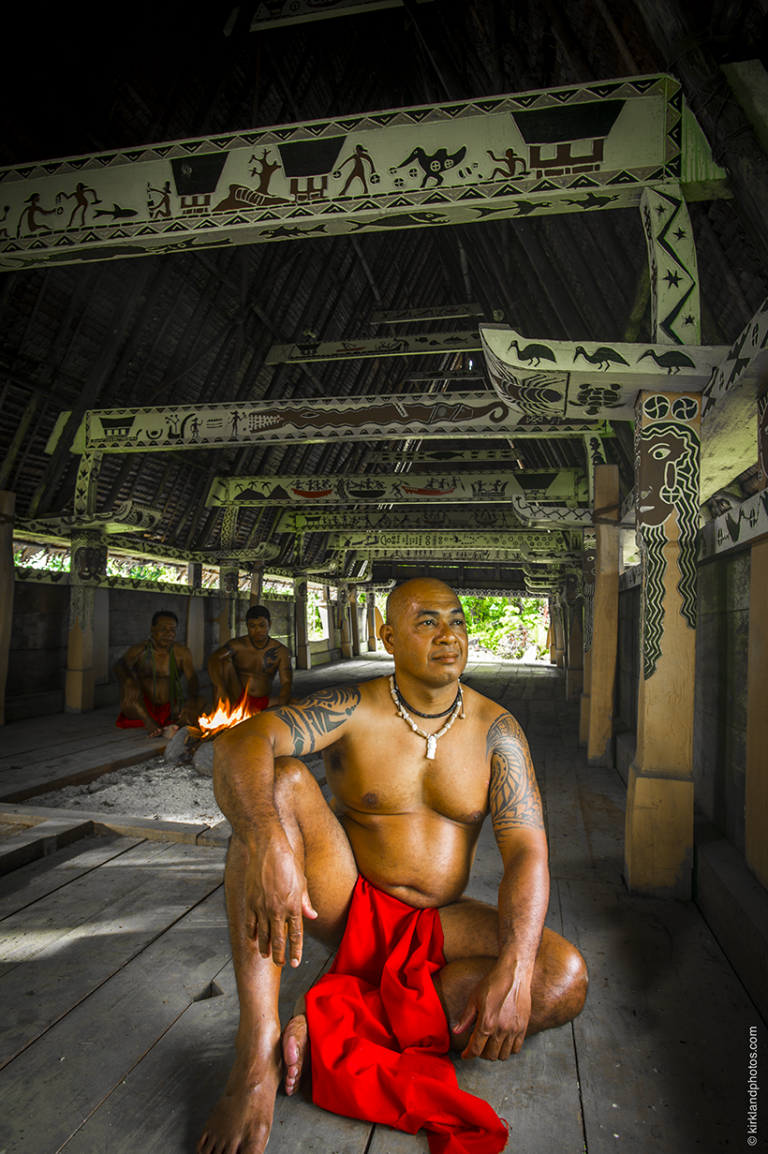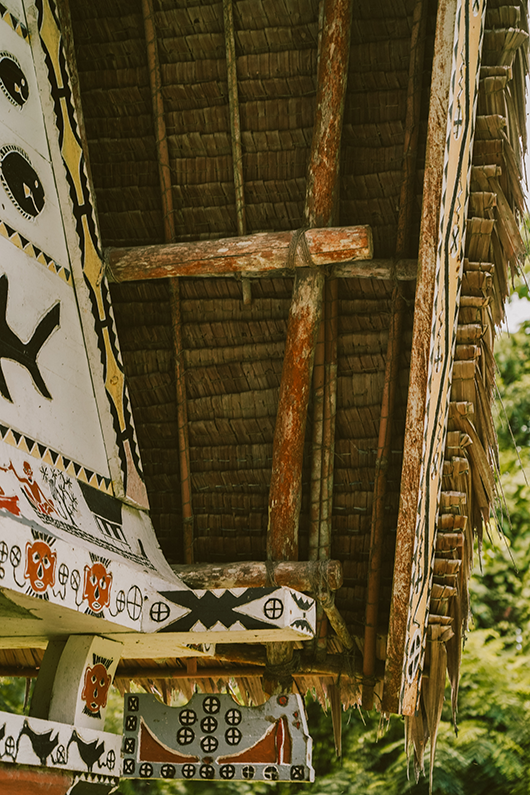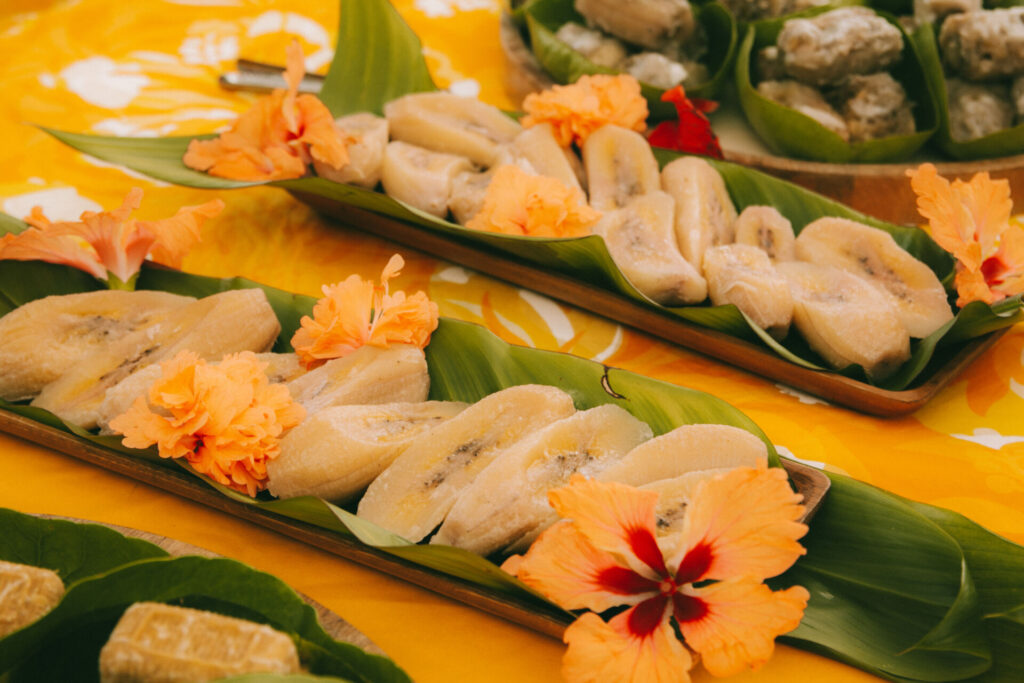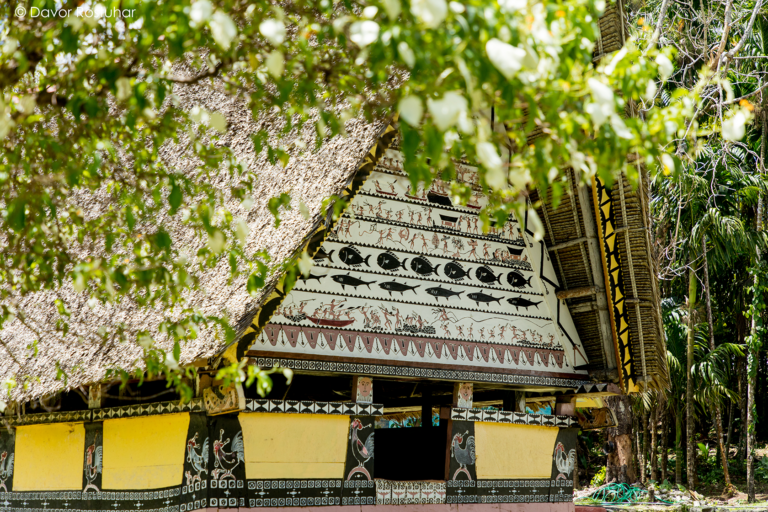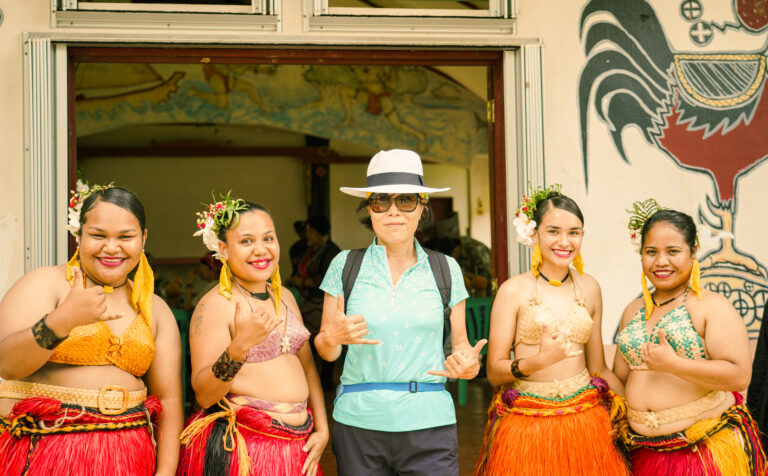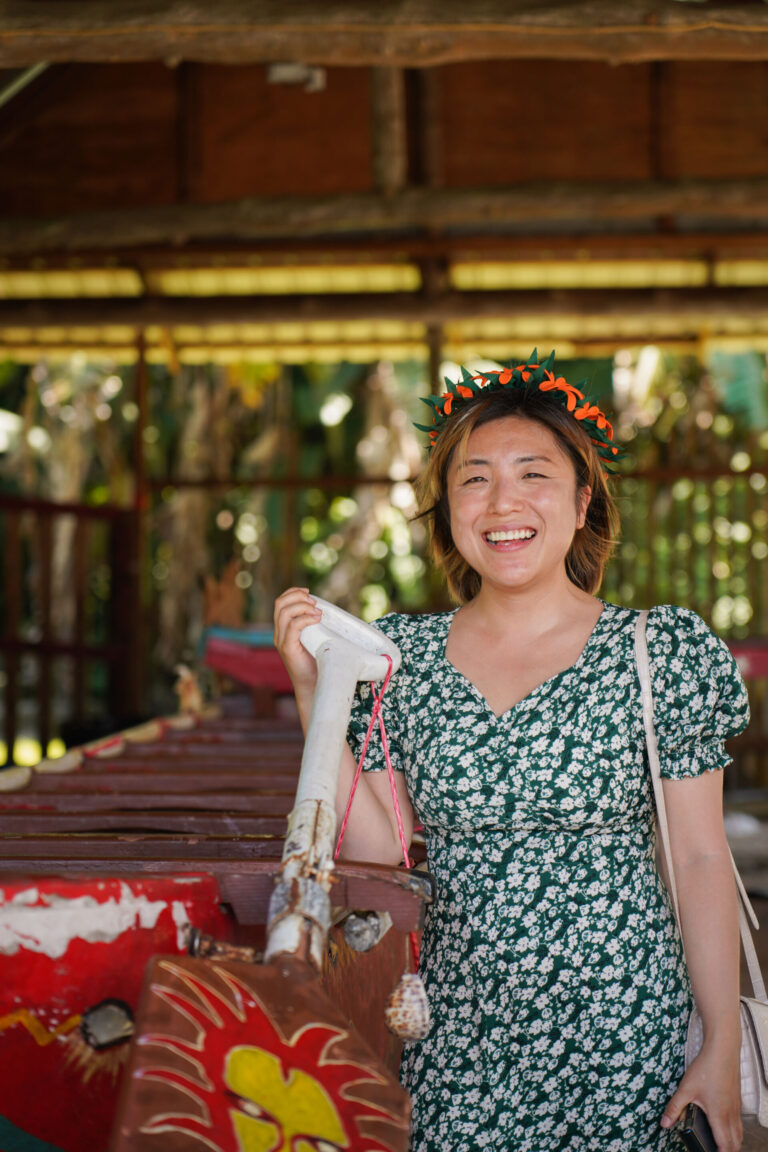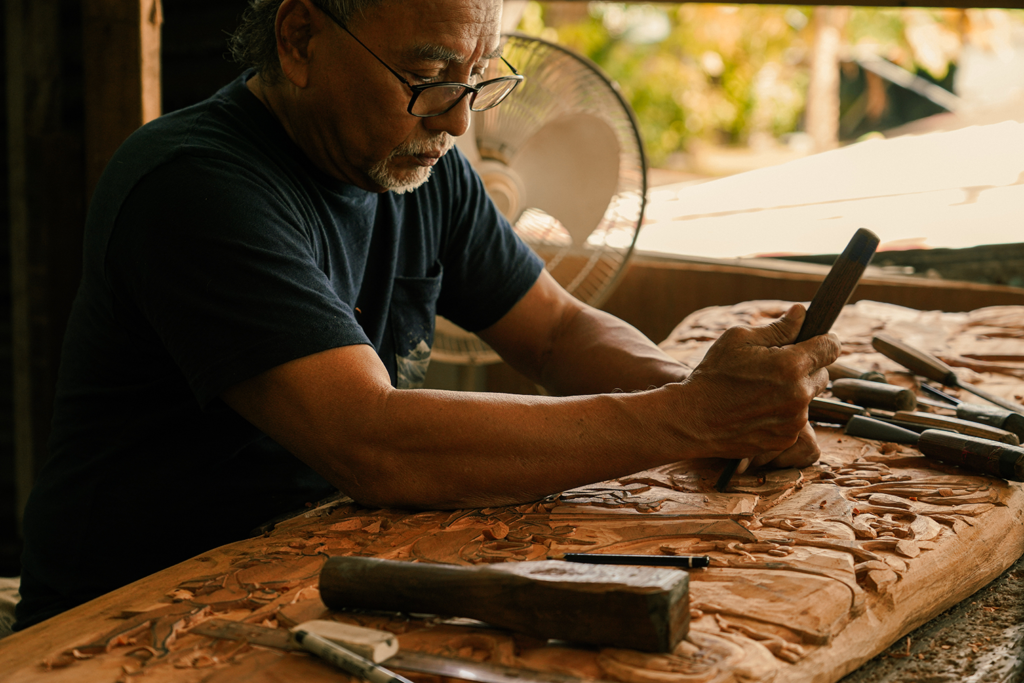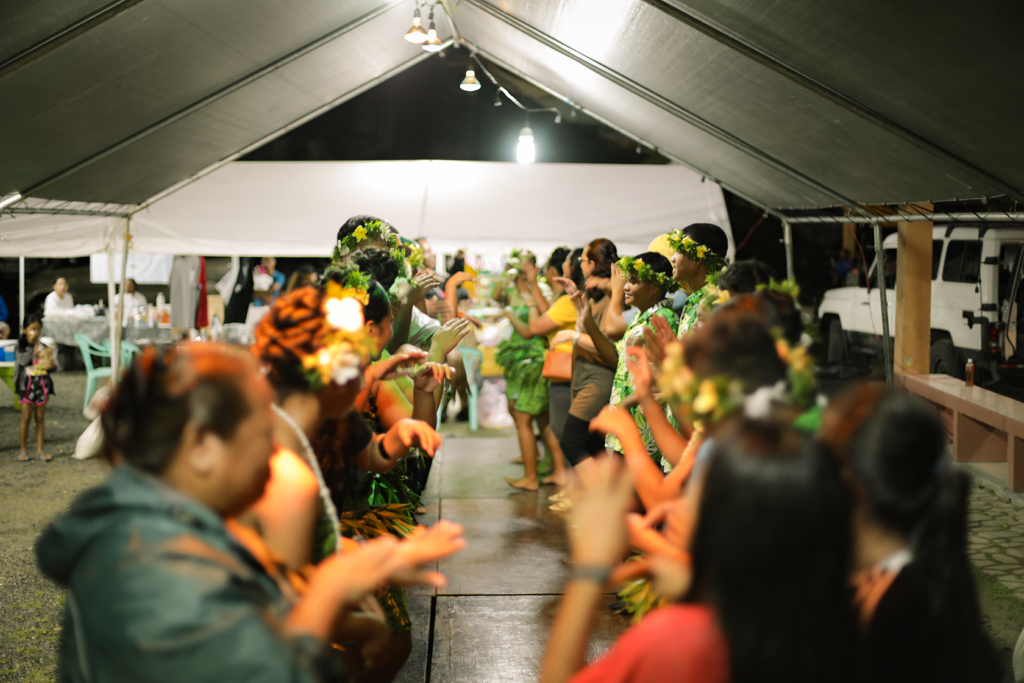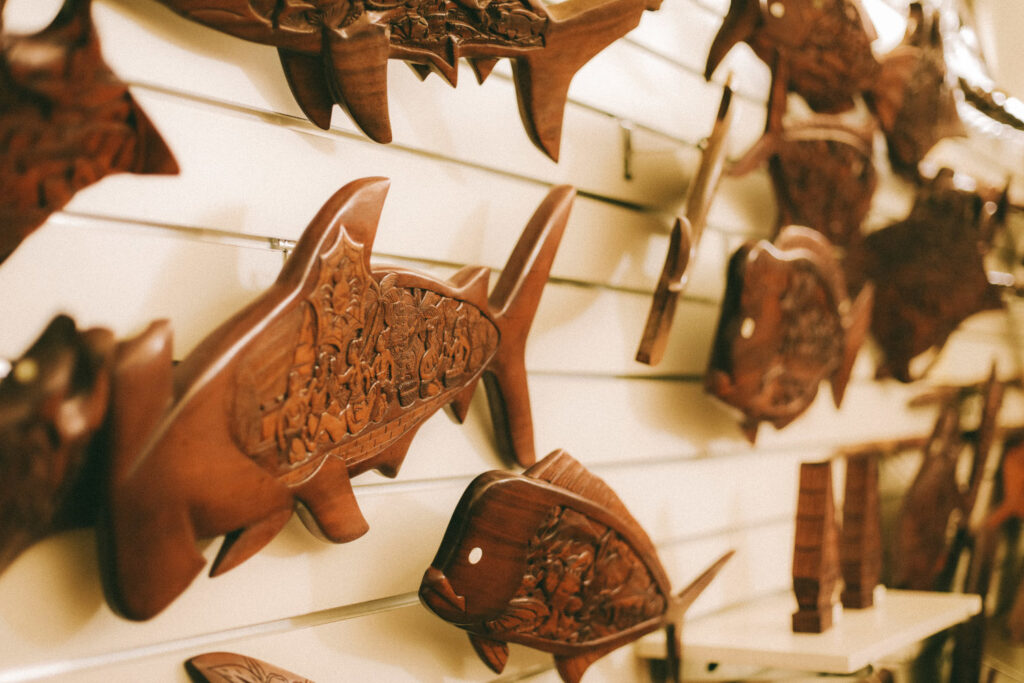Palau is home to about 18,000 people. Rechad er Belau, or Palauans, are the indigenous people of Belau, the traditional name of Palau. During your exploration in Palau, you will undoubtedly encounter diverse cultural influences from nations such as Japan and the United States. However, despite these external influences, Palauan culture remains deeply ingrained and resilient.
Palauan villages, then and now, practice a matriarchal and matrilineal society. The village's pulse is guided by the Council of Chiefs, while a parallel council of formidable women shapes the path, overseeing land, finances, and the anointment of leaders. Today, the Council advises the president on matters concerning traditional laws, customs and their relationship to the Constitution and the laws of Palau. Altogether, they work harmoniously to protect and serve the people.
Women were caretakers of their homes and families, they also carried the responsibility of educating their children about Palauan traditions and culture, ensuring the continuity of the village or clan. They also cultivated taro fields and harvested shellfish from the shallow reefs. The sea was the domain of men, who braved its fury to harvest the fish necessary to sustain the village and wage battle. Inter-village wars were common so men spent a lot of time in the men’s meeting house called “bai,” mastering techniques of canoe-building and refining their weaponry skills. Palau’s modern life balances on rich cultural inheritance and practices that endow the people with a sense of ownership to their Island. Traditional arts and practices are commonly performed and held during festive occasions to emphasize the people’s way of entertainment and hospitality. Those that dig into its history and explore the island will find remnants of an ancient lifestyle that is not much different than the modern world it is today.
Now with modern influences the people of Palau are giving much effort to the preservation of their culture, especially with younger generations. Cultural activities are held regularly, such as the annual Olechotel Belau Fair and twice-monthly Night Markets. The Palau Women’s Conference is another important annual event led by Bilung and Ebil Reklai, the high ranking traditional matriarchs of Koror and Melekeok, together with the women throughout Palau.
In a world that rushes to the future, Palau preserves its heritage with steadfast pride, ensuring that the legacy of their ancestors lives on. From the warmest greetings to the gentlest touch of nature's hand, Palauans embrace a spirit of respect that illuminates their way of life.
